North Texas Innovation Alliance Consortium Launches to Create the Most Connected, Smart and Resilient Region in the Country
NTXIA joins Mastercard’s City Possible network, with its members able to leverage Mastercard’s expertise, data and partnerships to solve pressing challenges facing the region.
May 26, 2020 [DALLAS, TX] – Today, the North Texas Innovation Alliance (NTXIA) was launched to create the most connected, smart, and resilient region in the country. NTXIA is a 501(c)3 consortium comprised of key cross-sector stakeholders working to collaboratively solve pressing challenges to improve quality of life, inclusive economic development, and increase resource efficiency through the use of data, technology and community. Fueled by strong partnerships, the NTXIA will be the largest initiative of its kind in the United States.
NTXIA recognizes the benefits of a regional approach to share best practices, leverage shared resources, build connections, create efficiencies and improve services throughout the region. At the inset, this will be accomplished through frequent convenings of its membership to focus on immediate challenges related to COVID-19, and looking ahead to establish core priorities, plans and deliverables that establish cross-jurisdictional solutions.
“Smart City collaboration is now moving beyond municipal boundaries, and more and more regions are working together in order to create seamless interchanges for their residents,” stated Jennifer Sanders, Cofounder, North Texas Innovation Alliance. “Everyone benefits from the North Texas region working collectively to create the most compelling and innovative solutions to support government, residents and businesses, and to provide the infrastructure that can attract more residents and organizations, and is prepared to collaborate to respond with agility in times of crisis.”
The 20 founding members of the North Texas Innovation Alliance include: Addison, Allen, Arlington, Coppell, Corinth, Dallas, Dallas County, Dallas Fort Worth International Airport, Dallas Innovation Alliance, Dallas Regional Chamber, Fort Worth Chamber of Commerce, Frisco, Garland, Irving, McKinney, McKinney Economic Development Corporation, North Texas Commission, North Texas Council of Governments (NCTCOG), Plano, Richardson, and the Texas Research Alliance. Through its leadership and vision for the region, the North Texas Commission played a key role in establishing the consortium through hosting convenings of its membership that facilitated collaboration in shaping the mission of the NTXIA.
One of the core tenants of NTXIA is the establishment of strategic advisory committees to tackle complex topics including data standards and privacy, cybersecurity, digital inclusion, financial models and procurement. It is NTXIA’s belief that these problems can only be solved through best minds approaches, and can be addressed more quickly together than those developed individually.
The NTXIA will enhance economic vitality and highlight a culture of innovation that supports municipalities, agencies, companies and academic institutions across North Texas. In addition to the consortium addressing both current and evolving challenges of efficiencies, sustainability, economic growth and quality of life, the NTXIA will also focus on regional standards, policies, financial and procurement models that will facilitate faster deployment and results.
The NTXIA has joined Mastercard’s City Possible network, a partnership and co-creation initiative that brings cities, companies and communities together to identify common challenges and co-develop solutions that advance inclusive and sustainable urban development.
“Since its inception, City Possible was always designed to become a network of networks and we are already seeing that come to fruition in 2020,” commented Miguel Gamino, Executive Vice President, Enterprise Partnerships and Head of Global Cities. “By bringing their consortium of cities to the network, we will help the regions represented by NTXIA tap into the insights and resources of the global community and accelerate local collaboration to deploy solutions at scale.”
Through the consortium, NTXIA will work to address and enhance elements serving the region including:
· Linkages between educational institutions, business and community leaders. These links create alignment, incentivize shared investment, and generate economic opportunity.
· Infrastructure and the effective management, efficiency and stewardship of shared natural and human resources.
· A strategy for resilience in the face of extreme weather and other events, such as COVID-19 and related impacts.
· Connecting all parts of the region through linking elements that are the lifeblood of access to opportunity and economic development, including power, water and broadband.
· Effective and forward-looking land use policies, urban design and zoning.
· Ensuring a strong talent pipeline throughout the lifecycle, including trade schools and four-year college alternatives to prepare the workforce for future career skills and opportunity.
· Accessible and efficient transit solutions and traffic management.
About the North Texas Innovation Alliance
The North Texas Innovation Alliance (NTXIA) is a 501(c)3 consortium comprised of key cross-sector stakeholders working to build and implement a smart region strategy for North Texas. The mission of the NTXIA is to build the most connected, smart, and resilient region in the country. NTXIA was launched to collaboratively utilize data, technology and community to address the most pressing topics to create solutions that will improve quality of life, drive inclusive economic development and promote resource efficiency.
Founding members of the North Texas Innovation Alliance include: Addison, Allen, Arlington, Coppell, Corinth, Dallas, Dallas County, Dallas Fort Worth International Airport, Dallas Innovation Alliance, Dallas Regional Chamber, Fort Worth Chamber of Commerce, Frisco, Garland, Irving, McKinney, McKinney Economic Development Corporation, North Texas Commission, North Texas Council of Governments (NCTCOG), Plano, Richardson, and the Texas Research Alliance. The NTXIA is a member of Mastercard’s City Possible network, a community dedicated to advancing inclusive and sustainable development through collaboration. For more information, please visit www.NTXIA.org, or follow us on Twitter and Instagram at @NTXIA_, and LinkedIn at NTXIA.
###















